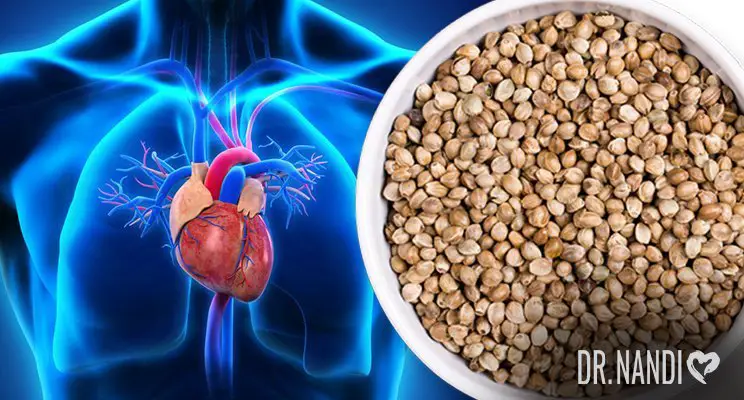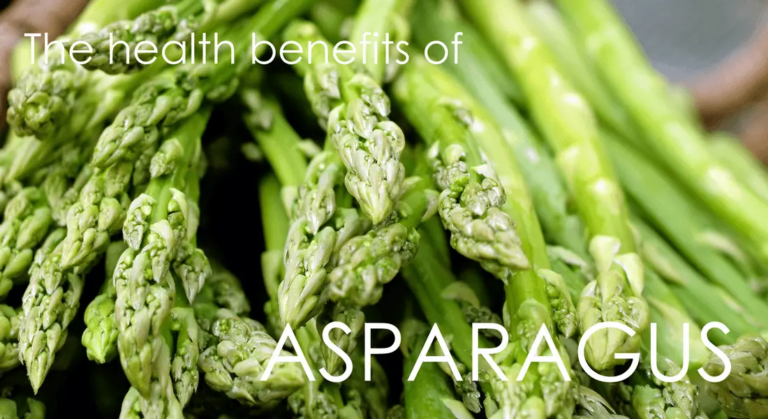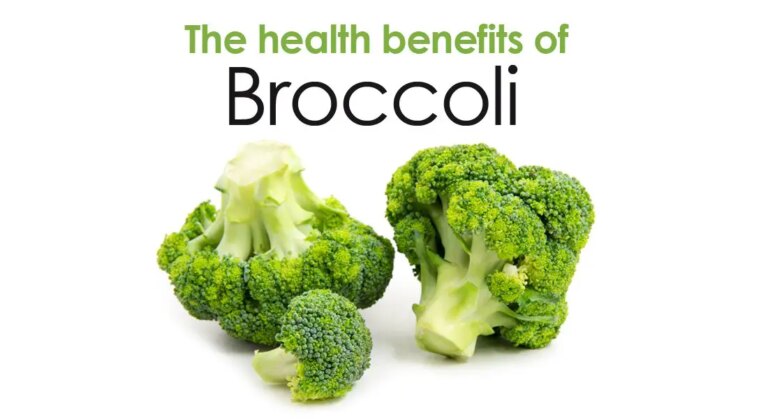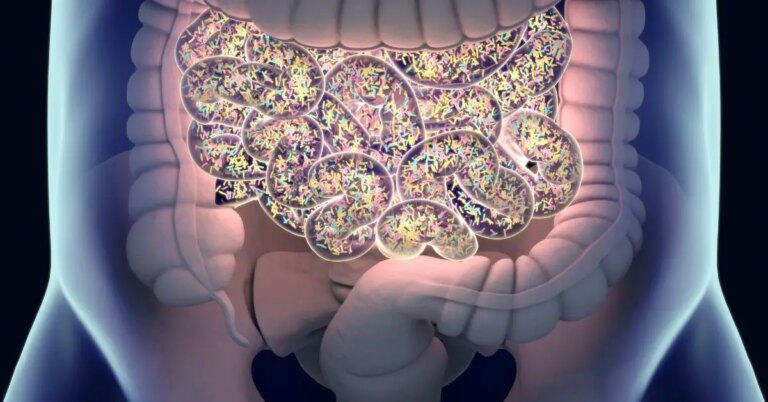Hemp seeds are the seeds of the hemp plant, Cannabis sativa. They originate from hemp plants, Cannabis sativa, and from the same species as cannabis. It should be noted that hemp seeds do not contain enough amounts of THC to produce the drug-like effects experienced when using marijuana. Hemp seeds are exceptionally nutritious and rich in healthy fats, protein, and minerals. The seeds are small, dark brown, and nutty in flavor.
Nutritional Profile of Hemp Seeds
Below are the nutritional value of hemp seeds according to USDA (based on 2 tablespoons or 28 grams).
- 161 calories
- 3.3 grams carbohydrates
- 9.2 grams protein
- 12.3 grams fat
- 2 grams fiber
- 2.8 milligrams of manganese (140 percent DV)
- 15.4 milligrams of vitamin E (77 percent DV)
- 300 milligrams of magnesium (75 percent DV)
- 405 milligrams of phosphorus (41 percent DV)
- 5 milligrams of zinc (34 percent DV)
- 3.9 milligrams of iron (22 percent DV)
- 0.1 milligram of copper (7 percent DV)
Nutritional Benefits of Eating Hemp Seeds
There are several health benefits of hemp seeds, making them a perfect food to include in your diet. Hemp seeds have several health benefits, including:
Good for the Heart
Hemp seeds contain arginine, which produces nitric oxide. Nitric oxide dilates blood vessels and decreases hypertension. Lower blood pressure helps to lower the risk of heart disease and strokes. Recent studies have shown that more arginine can lower levels of a protein marker for systemic inflammation known as heart disease.
Immune Boosting
The Omega-3 and Omega-6 fatty acids in hemp seeds play a vital role in the body’s immune responses. These fatty acids can affect the immune system by producing immunosuppressive effects. These seeds also have been shown to affect various autoimmune diseases because of gene regulation, the production of cytokines, and antioxidant enzymes.
High in Protein
Research has shown that the protein content in hemp seeds is comparable to beef, lamb, and quinoa. A serving of hemp seeds can provide 11 grams of protein. As an added benefit, hemp seeds provide all the essential amino acids the body cannot produce; therefore, hemp seeds are considered a complete source of protein. This protein is a natural appetite suppressant. Proteins are harder for the body to break down, which keeps you feeling fuller for longer.
Digestive Aid
Hemp seeds are an excellent source of soluble and insoluble fiber. These fibers are needed for digestive health. The hemp seed shell contains most of the fiber found in the seed. The soluble fiber from the shell is a source of beneficial digestive bacteria and can reduce spikes in blood sugar. The insoluble fiber aids in helping food and waste pass through the gut and intestines. Studies show that the more insoluble fiber eaten, the lower the risk of diabetes.
Reduces Inflammation
Hemp seeds contain an especially beneficial type of omega-6 fat called GLA that works in the body as an anti-inflammatory massager. Studies have found that GLA can decrease inflammation and may help people suffering from eczema, arthritis, and muscle pain. GLA is also known to support healthy hair, nail, and skin health. Hemp hearts are also high in alpha-linolenic acid, an anti-inflammatory omega-3 fat that reduces your risk of heart disease, high cholesterol, and high blood pressure.
Hemp Seeds May Benefit Skin Disorders
Fatty acids might have an impact on your immune system. Omega-6 and omega-3 fatty acids are required to function the immune system. Hemp seeds are a great source of polyunsaturated and essential fatty acids, with a 3:1 ratio of omega-6 to omega-3.
Hemp seed oil may help increase blood levels of essential fatty acids, according to studies. The oil can also help with dry skin, irritation, and the need for topical medication.
Hemp Seeds Are an Excellent Source of Plant-Based Protein
Hemp seeds are high in protein, with 25% of the calories coming from this macronutrient. Hemp seeds, when compared to beef and lamb, contain comparable amounts of protein — two to three tablespoons of hemp seeds contain about 11 grams of protein.
Hemp seeds are high in methionine, cysteine, arginine, and glutamic acid. Hemp protein is also very digested — far superior to that from many grains, nuts, and legumes.
Hemp Seeds May Ease Symptoms of PMS and Menopause
Premenstrual syndrome (PMS) can cause physical or emotional symptoms for up to 80% of women of reproductive age.
GLA, an essential fatty acid in hemp seeds, helps reduce the symptoms of PMS because it contains high levels of gamma-linolenic acid (GLA). Omega-6 fatty acids in plant oils include GLA. Research has also shown that taking a GLA supplement can help reduce the hot flashes and night sweats associated with menopause.
Hemp Seeds May Help Protect the Brain
Two minerals essential for brain health are iron and magnesium, which are found in hemp seeds.
Iron is needed to properly function hemoglobin, a protein that carries oxygen in the blood to the tissues. Among the 300 biochemical reactions involving magnesium in the body are those relating to neurotransmitters. Low magnesium levels are associated with anxiety and depression.
Additionally, hemp seeds contain vitamin E, an antioxidant that protects the brain from free radical damage. Vitamin E has been shown to improve cognitive function and reduce the risk of Alzheimer’s disease and other age-related degenerative diseases.
Hemp Seeds May Relieve Rheumatoid Arthritis
Inflammatory disorders of the joints cause rheumatoid arthritis. Hemp seeds are a good source of essential fatty acids, including GLA, which has been shown to reduce the symptoms of rheumatoid arthritis. Applying hemp seed oil topically to the affected joints is also possible to relieve pain and inflammation.
Hemp Seeds May Aid in Weight Loss
For weight loss, hemp seeds are an excellent source of protein and fiber. Protein helps to build muscle, while fiber helps to fill you up and keeps you feeling full longer.
Omega-3 fatty acids in hemp seeds also increase metabolic rate and reduce appetite, promoting weight loss.
The Best Way to Add Hemp Seeds to Your Diet
It is essential to remember that when researchers study the effects of hemp, they often use an extract from the seeds, not whole hemp seeds. When you’re looking for a way to add hemp seeds to your diet, it’s best to buy them whole and then grind or chop them yourself.
You can add hemp seeds to smoothies, salads, yogurt, and other dishes. You can also make hemp milk with them, an alternative to cow’s milk without dairy.
You can also try taking a hemp seed oil supplement if you want to increase your omega-3 fatty acid intake. Omega-3 fatty acids are found in hemp seed oil, which can be taken as a capsule or applied topically.
References:
- Hempseed as a nutritional resource: An overview | SpringerLink
- Nutritive quality of romanian hemp varieties (Cannabis sativa L.) with special focus on oil and metal contents of seeds – PubMed (nih.gov)
- The top 10 causes of death (who.int)
- Nitric oxide and pathogenic mechanisms involved in the development of vascular diseases – PubMed (nih.gov)
- Dietary nitrates, nitrites, and cardiovascular disease – PubMed (nih.gov)
- Association between dietary arginine and C-reactive protein – PubMed (nih.gov)
- Inflammation, aspirin, and the risk of cardiovascular disease in apparently healthy men – PubMed (nih.gov)
- Gamma-linolenic acid inhibits inflammatory responses by regulating NF-kappaB and AP-1 activation in lipopolysaccharide-induced RAW 264.7 macrophages – PubMed (nih.gov)
- Comparison of stearidonic acid and alpha-linolenic acid on PGE2 production and COX-2 protein levels in MDA-MB-231 breast cancer cell cultures – PubMed (nih.gov)
- Effect of dietary hempseed intake on cardiac ischemia-reperfusion injury – PubMed (nih.gov)
- Preventive and treatment effects of a hemp seed (Cannabis sativa L.) meal protein hydrolysate against high blood pressure in spontaneously hypertensive rats – PubMed (nih.gov)
- Cholesterol-induced stimulation of platelet aggregation is prevented by a hempseed-enriched diet – PubMed (nih.gov)
- Fatty acids, the immune response, and autoimmunity: a question of n-6 essentiality and the balance between n-6 and n-3 – PubMed (nih.gov)
- Dietary n-6 and n-3 fatty acids in immunity and autoimmune disease – PubMed (nih.gov)
- Metabolism of polyunsaturated fatty acids by skin epidermal enzymes: generation of antiinflammatory and antiproliferative metabolites – PubMed (nih.gov)
- Efficacy of dietary hempseed oil in patients with atopic dermatitis – PubMed (nih.gov)
- Plants used to treat skin diseases – PubMed (nih.gov)
- ACOG committee opinion. Premenstrual syndrome. Number 155–April 1995 (replaces no. 66, January 1989) Committee on Gynecologic Practice. American College of Obstetricians and Gynecologists – PubMed (nih.gov)
- Prevalence, impacts and medical managements of premenstrual syndrome among female students: cross-sectional study in College of Health Sciences, Mekelle University, Mekelle, northern Ethiopia – PubMed (nih.gov)
- Essential fatty acids for premenstrual syndrome and their effect on prolactin and total cholesterol levels: a randomized, double blind, placebo-controlled study – PubMed (nih.gov)
- The regulation of prostaglandin biosynthesis by the manipulation of essential fatty acid metabolism – PubMed (nih.gov)
- Gamma linolenic acid: an antiinflammatory omega-6 fatty acid – PubMed (nih.gov)
- The role of essential fatty acids and prostaglandins in the premenstrual syndrome – PubMed (nih.gov)
- The effects of Cannabis sativa L. seed (hempseed) in the ovariectomized rat model of menopause – PubMed (nih.gov)
- Effective Anti-aging Strategies in an Era of Super-aging – PubMed (nih.gov)
- Calcium, gamma-linolenic acid and eicosapentaenoic acid supplementation in senile osteoporosis – PubMed (nih.gov)




















